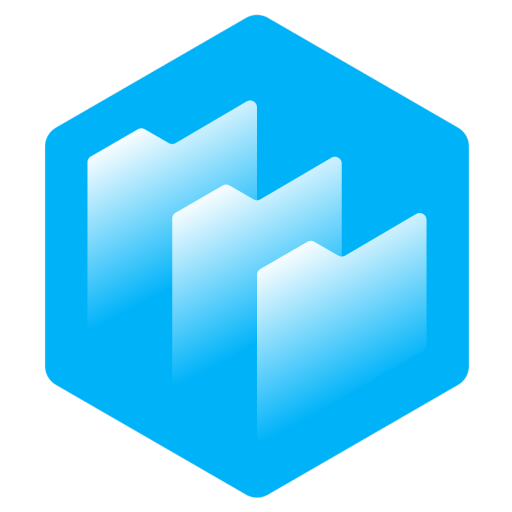S3Drive
Community / support / Setting up S3Drive with Koofr Vaults


"koofr": {
"endpoint": "https://app.koofr.net/",
"password": "<obscuredPassword>",
"type": "koofr",
"user": "myuser@email.de"
},
For Vaults use Koofr generated config (as on the attached screenshot) converted from .ini format to .json.
"my-safe-box": {
"password": "Jlu2uhkjREtxwkmLAyflSM4YSuPy3KGiR_Q",
"password2": "lPdPuA0EnMp4I-aRBdczD4nR2oU5PJboEZj2THpKPPAqiKWf2I0dyA2SA1VO9YhjZFL6r0oJZJPN6Hdj9B1KE8JOt85qbnbDXk3_lyuQR-egy3U5lBpx6x-3ru28np2jVy0LH-fTb_lYiiImIquUIkIOOiAAKrwalIsK-tBGgz06bf4g_fe1fGx4AYUfH1MYo2tsUD8JVzPTK5rf4aX9BQxk0xjJ3dehfLrFjUV69XqNJB89_gh1To19lg",
"remote": "koofr:/My safe box",
"type": "crypt"
}, (edited)
my-safe-box).
I haven't modified anything in the Rclone config, which was generated by Koofr themselves, I think you need to provide safe box name, as it refers to encrypted folder within Koofr ecosystem.
Bear in mind that currently if you would like to switch between encrypted and non-encrypted listing you would need to switch configs (on the Profile screen).
Soon we will support vaults natively: https://s3drive.canny.io/feature-requests/p/rclone-configuration-support-encrypted-vaults
In the meantime the workaround would be to use Rclone combine modifier: https://rclone.org/combine/ but it's for users who are aware of its behavior, since it's not a perfect replacement of native experience.




"koofr": {
"endpoint": "https://app.koofr.net/",
"password": "<obscuredPassword>",
"type": "koofr",
"user": "myuser@email.de"
},
For Vaults use Koofr generated config (as on the attached screenshot) converted from .ini format to .json.
"my-safe-box": {
"password": "Jlu2uhkjREtxwkmLAyflSM4YSuPy3KGiR_Q",
"password2": "lPdPuA0EnMp4I-aRBdczD4nR2oU5PJboEZj2THpKPPAqiKWf2I0dyA2SA1VO9YhjZFL6r0oJZJPN6Hdj9B1KE8JOt85qbnbDXk3_lyuQR-egy3U5lBpx6x-3ru28np2jVy0LH-fTb_lYiiImIquUIkIOOiAAKrwalIsK-tBGgz06bf4g_fe1fGx4AYUfH1MYo2tsUD8JVzPTK5rf4aX9BQxk0xjJ3dehfLrFjUV69XqNJB89_gh1To19lg",
"remote": "koofr:/My safe box",
"type": "crypt"
}, (edited)




